Your support helps us to tell the story
From reproductive rights to climate change to Big Tech, The Independent is on the ground when the story is developing. Whether it's investigating the financials of Elon Musk's pro-Trump PAC or producing our latest documentary, 'The A Word', which shines a light on the American women fighting for reproductive rights, we know how important it is to parse out the facts from the messaging.
At such a critical moment in US history, we need reporters on the ground. Your donation allows us to keep sending journalists to speak to both sides of the story.
The Independent is trusted by Americans across the entire political spectrum. And unlike many other quality news outlets, we choose not to lock Americans out of our reporting and analysis with paywalls. We believe quality journalism should be available to everyone, paid for by those who can afford it.
Your support makes all the difference.From witnessing a cheetah kill on the vast Serengeti plains to catching stags rutting in the Scottish Highlands, encounters with animals can be some of the most rewarding experiences around. In honour of World Animal Day (4 October), here are some of the most spectacular ways to see wildlife, from traditional safaris to off-the-beaten-track expeditions.
Orcas in Argentina
The orcas off the Peninsula Valdes in Argentina have learnt an incredible and grisly skill – they can catapult their bodies up the beach at high tide, to snatch squidgy seal pups in their jaws. The Patagonian nature reserve is a rugged place – filled with colonies of penguins and barnacle-encrusted humpbacks – but it’s this unusual killer whale behaviour that’s really remarkable.
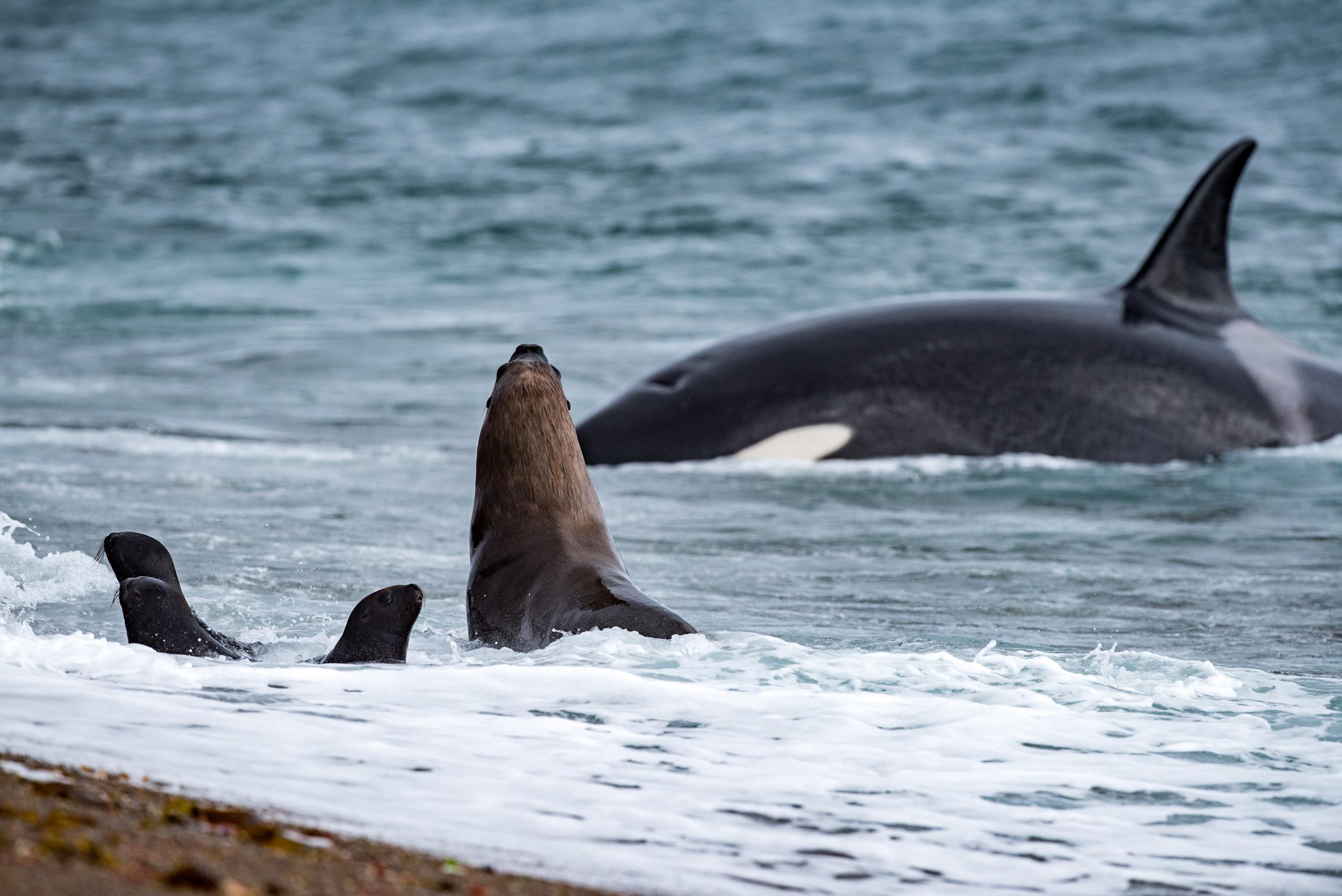
Original Travel offers a two-week trip to Argentina, including a three-day visit to Peninsula Valdes, starting from £5,950 per person
Spirit bears in Canada
The Great Bear Rainforest in British Columbia is a haven for wildlife; a place where huge grizzlies fish for salmon and packs of coastal wolves den their pups. But there’s a ghostly creature that stalks the forests here: the sprit, or “kermode” bear. Actually a subspecies of black bear, this all-white animal is so elusive and rare that indigenous communities believe it has supernatural powers.
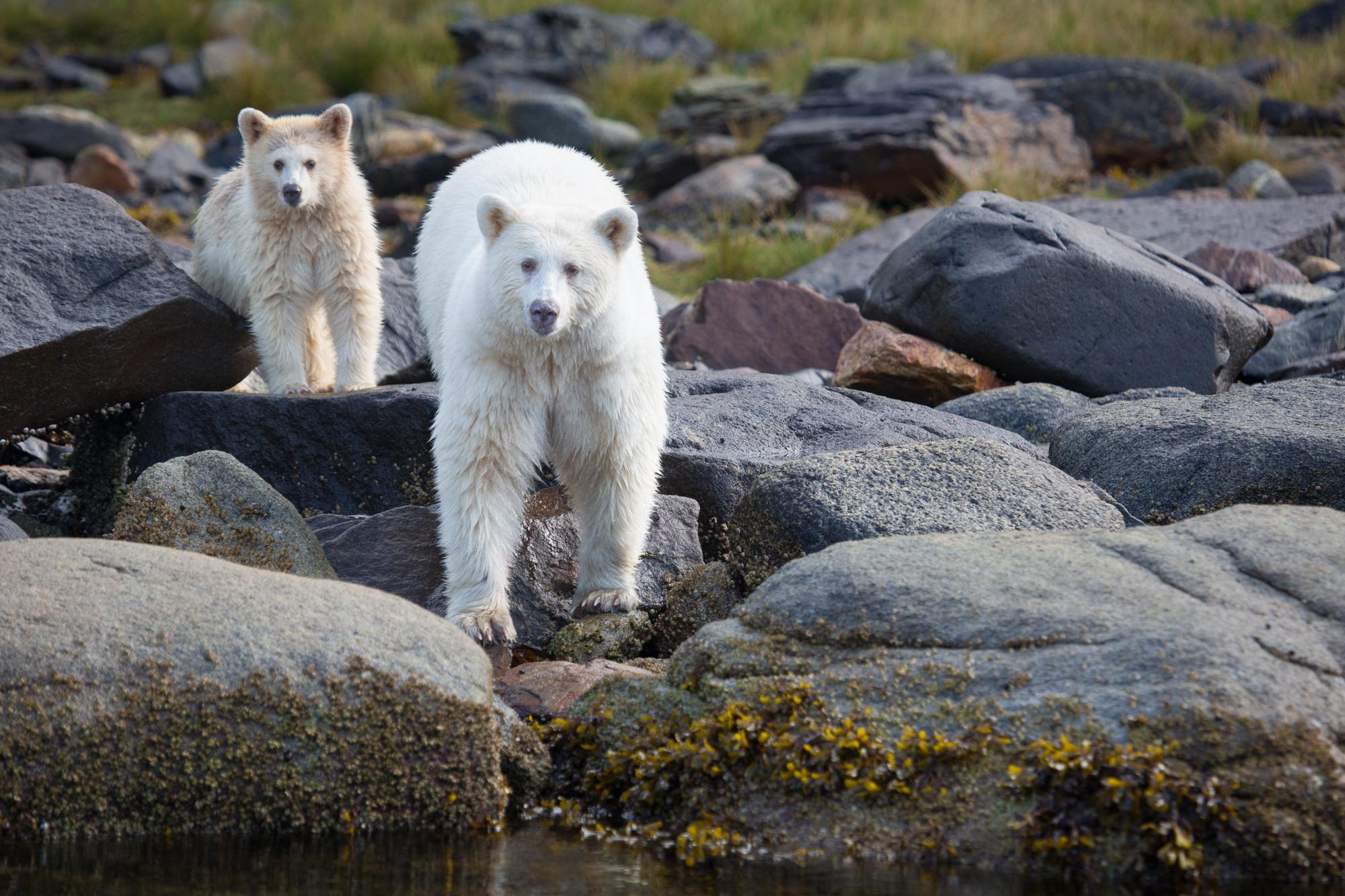
Magnetic North offers a four-night, all-inclusive trip, with accommodation at Spirit Bear Lodge from £2,995 per person
Stags in the Scottish Highlands
You don’t have to travel halfway around the world to see incredible wildlife. The Scottish Highlands’ national parks are home to elusive mountain hares, snowy white ptarmigans and three species of deer – red, fallow and sika. In autumn, the mountains are ablaze with colour and form a magnificent backdrop for rutting stags, which battle and roar from mid-September to November.
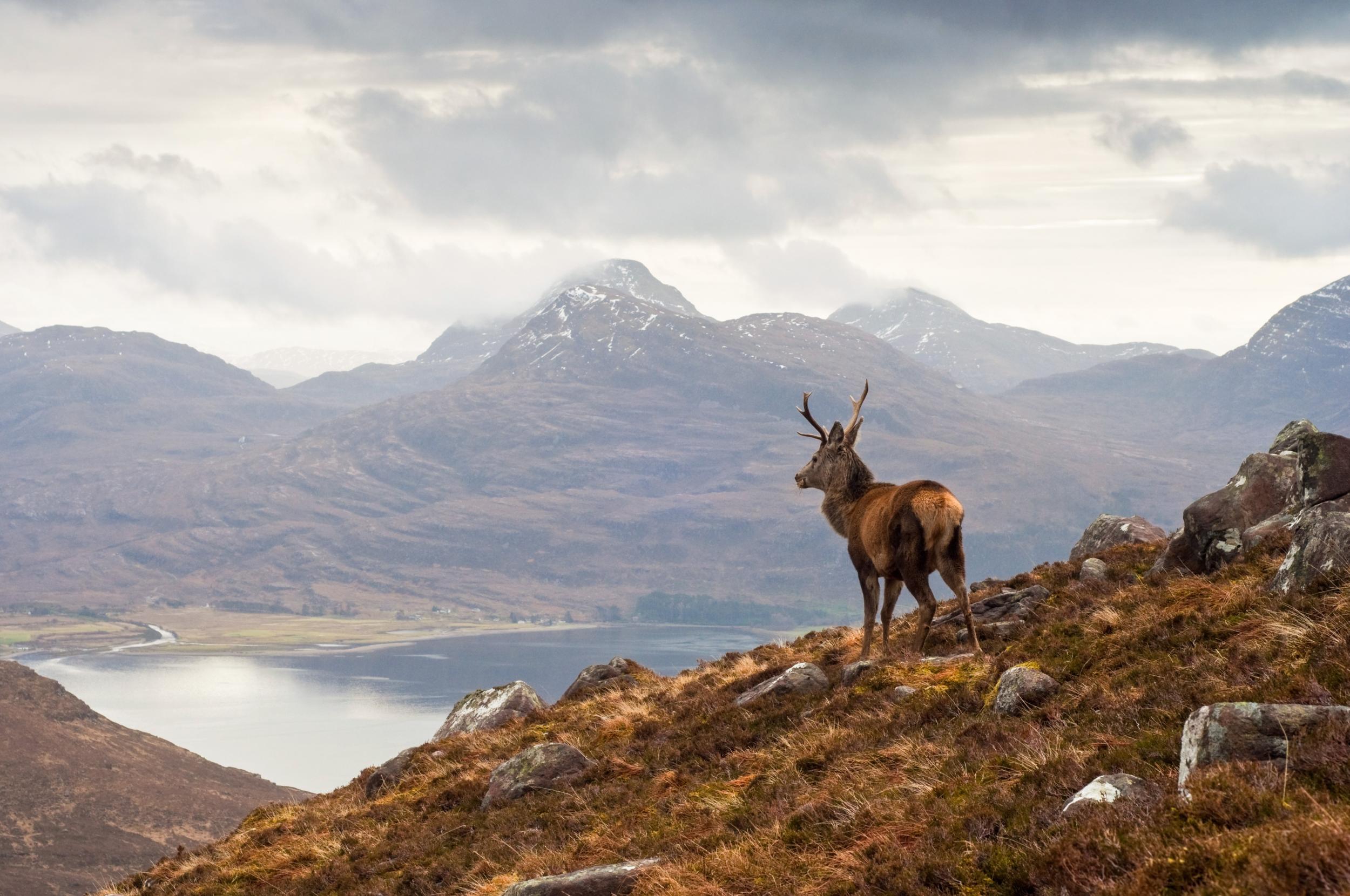
You can self-drive around the parks or take a guided nature walk. Stay at The Torridon from £70 per person
Wolves in Spain
Deep within the mountains of northern Palencia you’ll find a landscape of sweeping ridges, tangled forests and broad valleys. The ancient villages that pockmark the hills are largely deserted, left for reclamation by roaming wolves, brown bears and wild boar. A trip on foot or by 4WD will give you one of the best chances of getting up close with wolf packs in Europe.
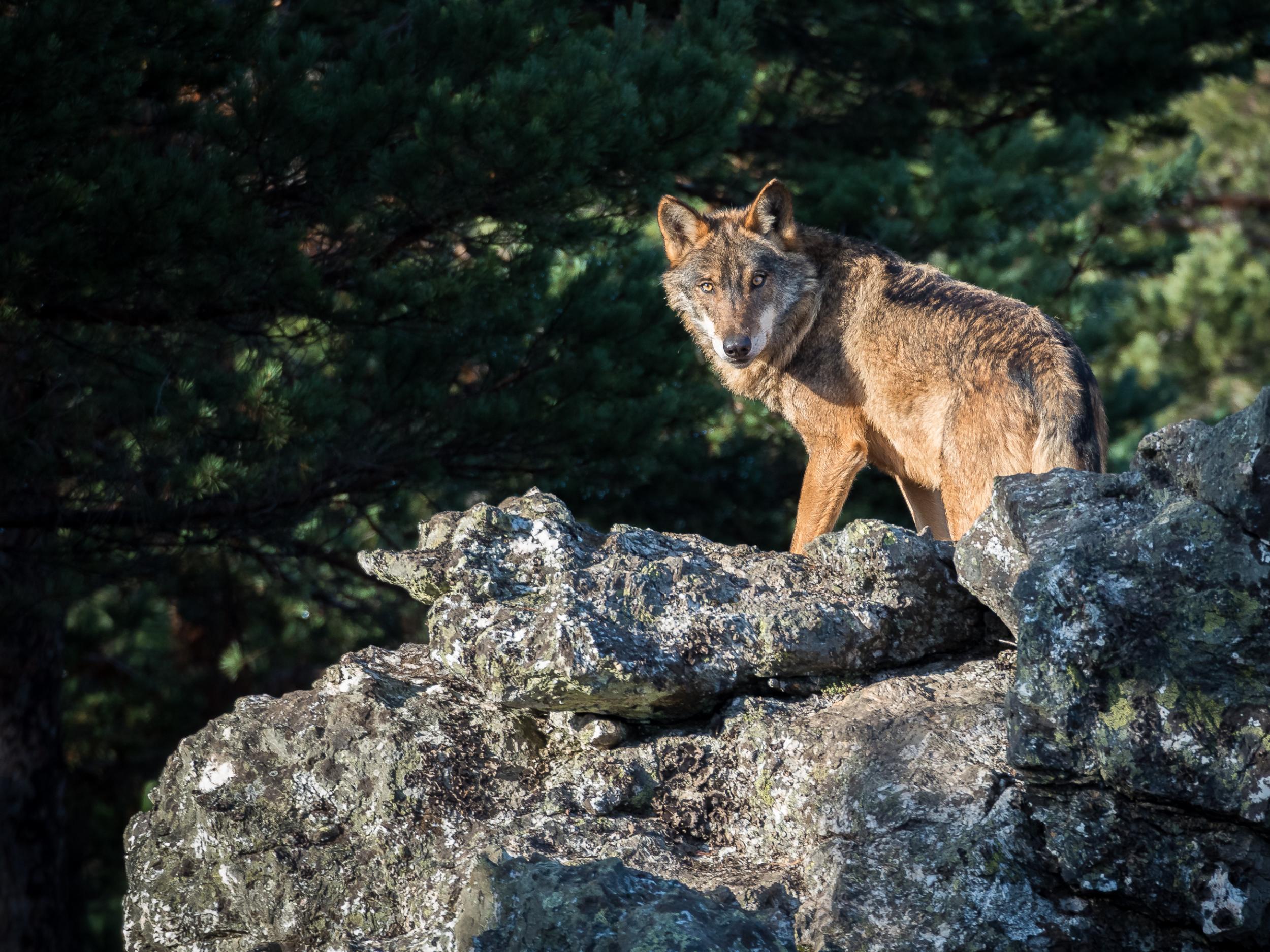
Nature Trek offers five-day trips from £995 per person
Snow leopards in the Himalayas
Northern India is home to one of the most elusive and majestic animals on the planet: the snow leopard. The animals have evolved to live in some of the harshest conditions on earth, such as the rocky mountains of Ladakh, so you’ll need an experienced guide to help you track the ghostly creatures across frozen rivers and into the folds of mountain valleys.
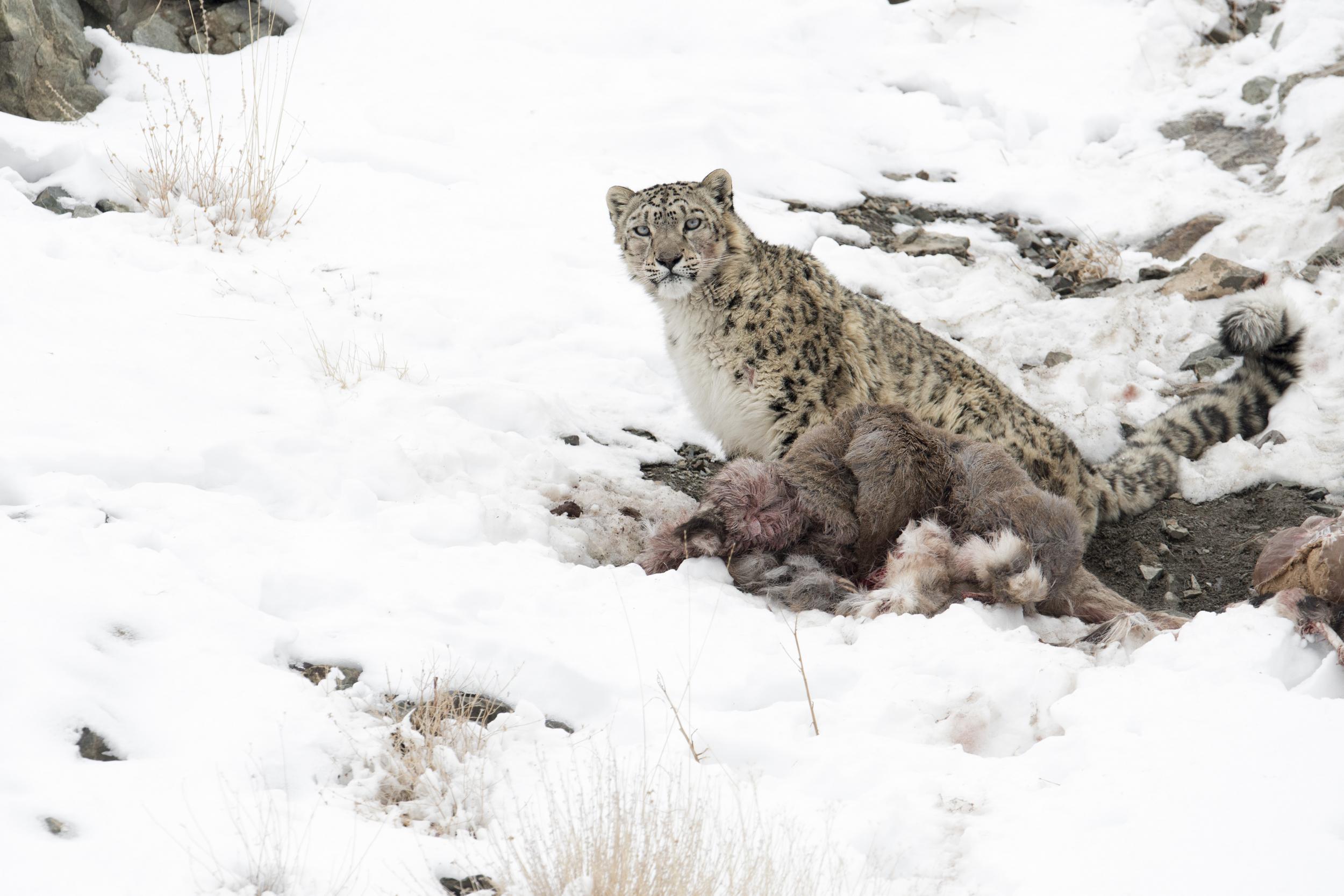
Pelorus offers an 11-day Searching for the Snow Leopard journey from £6,420 per person
Condors in Peru
Peru’s dizzying Colca Canyon – the second deepest in the world – is home to colossal silver-winged condors that soar above sleepy villages and Inca terraces in search of food. A birdwatching tour here will take you past grazing alpacas and below star-filled skies as you meander around 65km of switchbacks in search of the raptors.
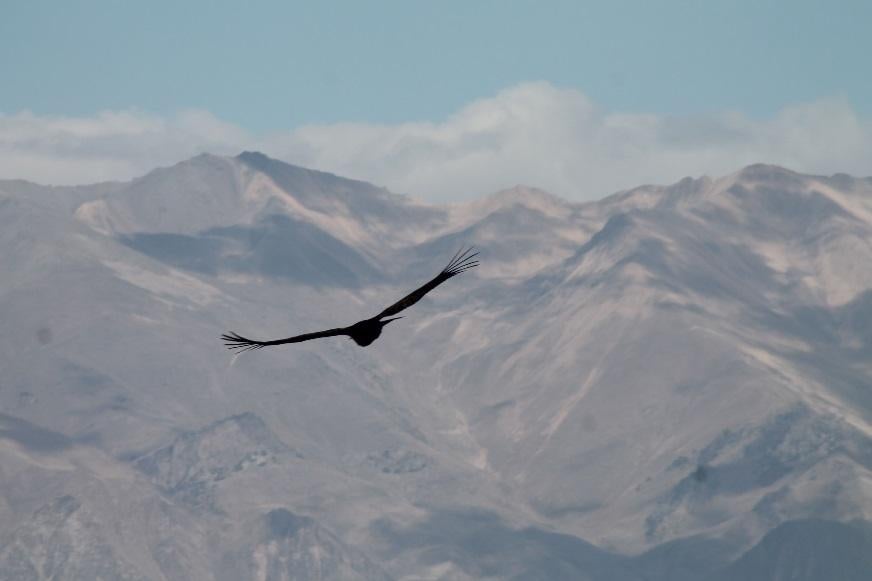
Rickshaw Travel offers a three-day tour from £238 per person
Jaguars in Brazil
Caiman Ecological Refuge in Brazil’s Pantanal wetlands offers just about the closest thing you’ll find to an African-style safari in South America, but with the added bonus of being the only jaguar habituation project in the world. In this area, a whopping 99 per cent of visitors spot the normally elusive big cat, but unlike other popular jaguar spotting locations, you don’t have to share your sightings with hundreds of other people.
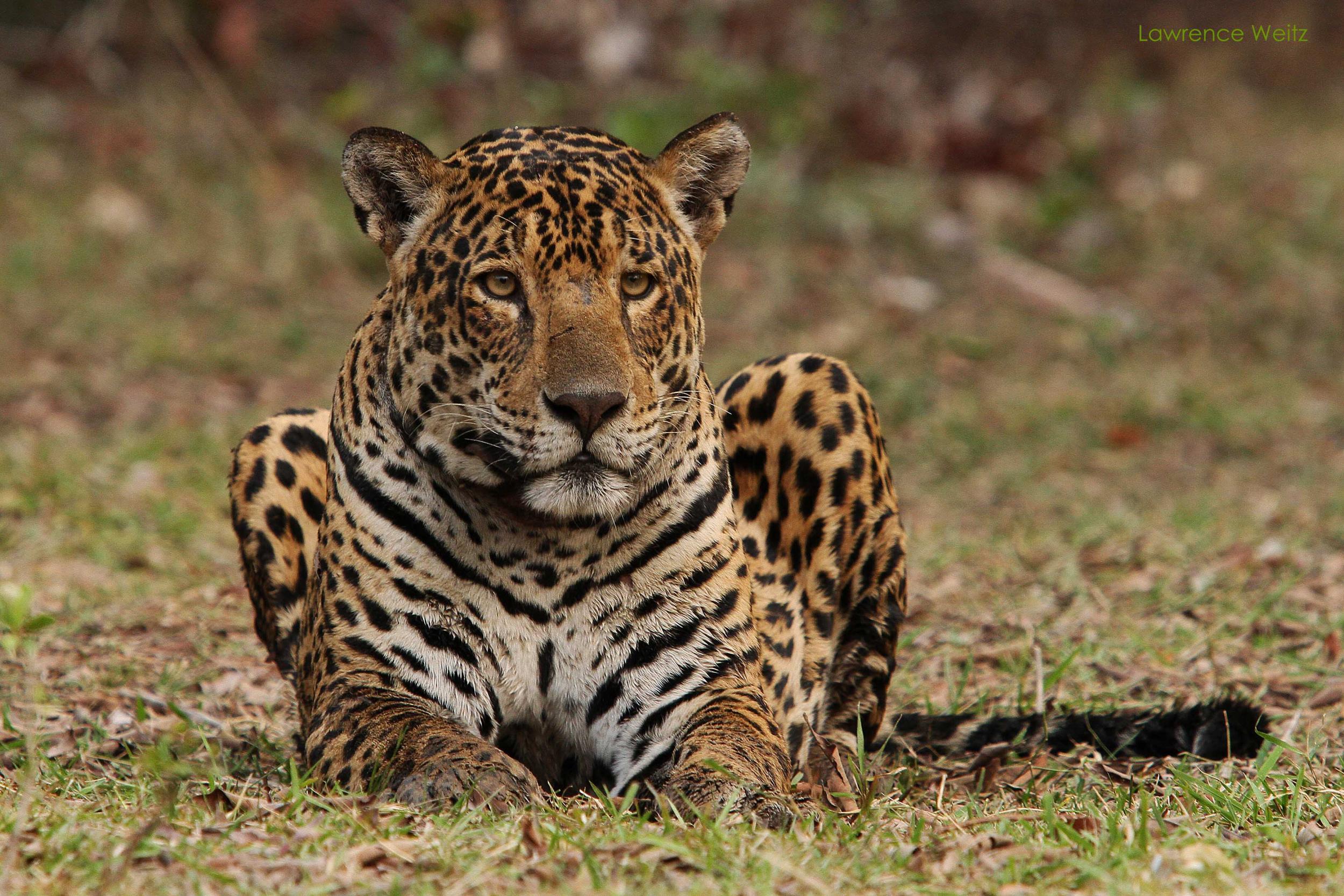
Audley Travel offers tailor-made trips to Brazil. A 13-day trip costs from £7,929 per person
Desert elephants in Namibia
Namibia is one of the only places on earth where you can find desert-adapted elephants. The country is also easily navigable and incredibly safe, making it the perfect self-drive safari destination. Incorporate a conservation trip into your journey and you can work with researchers in south Damaraland to track and study the elephants’ behaviour, and meet local farmers who play a vital role in the conservation of the country’s free-roaming wildlife.
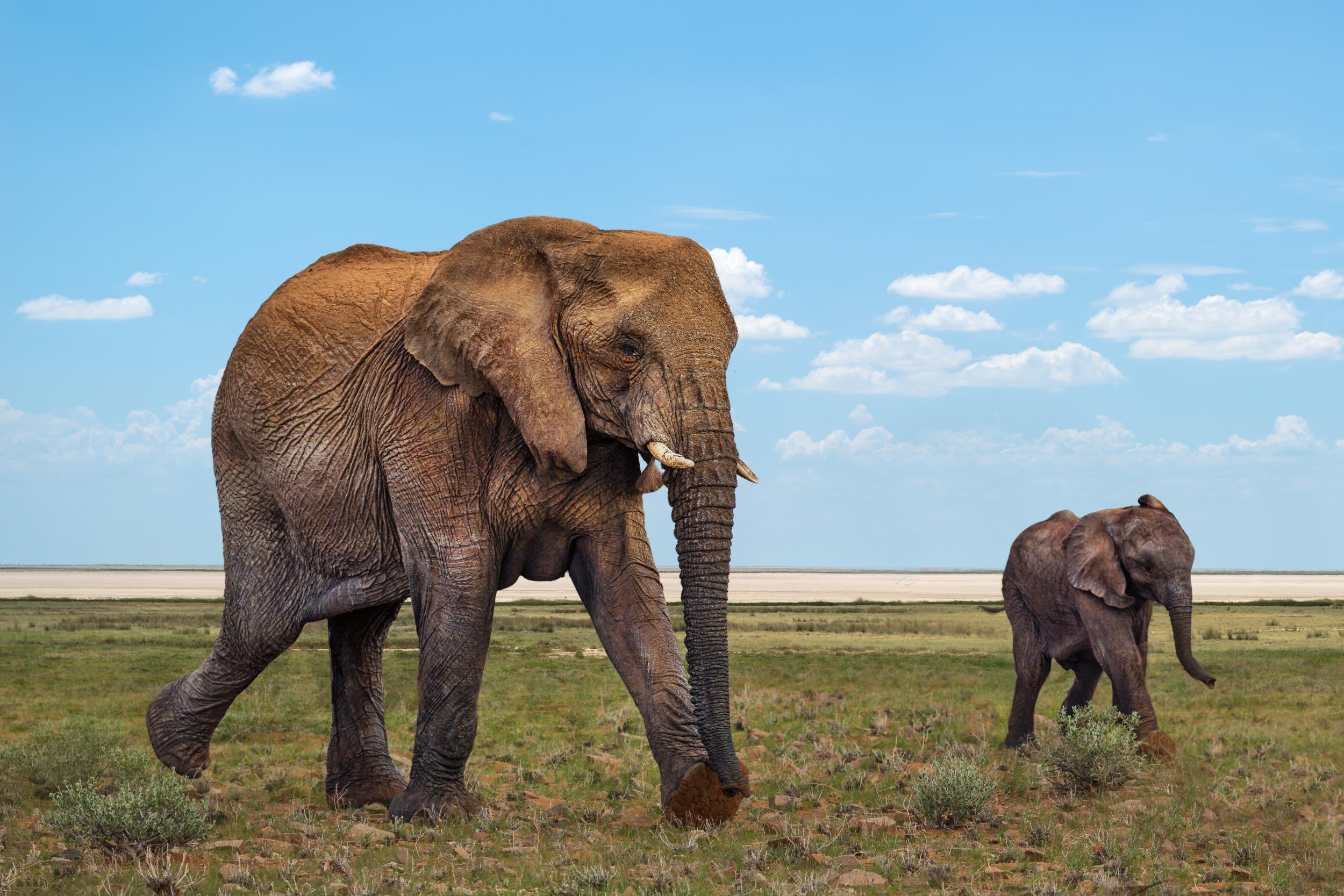
Discover the World offers a nine-night Northern Namibia Highlights self-drive from £1,183 per person, including car hire
Polar bears in Svalbard
The best way to get around the icy waters of the Svalbard archipelago is via small ship safari. The bewitching arctic north is the perfect place for polar bear encounters – the animals can be spotted staining the ice crimson red with a seal kill or swimming the glassy waters. But be sure to keep your eyes peeled for colonies of elephantine walrus as well as other marine mammals including beluga and narwhal.
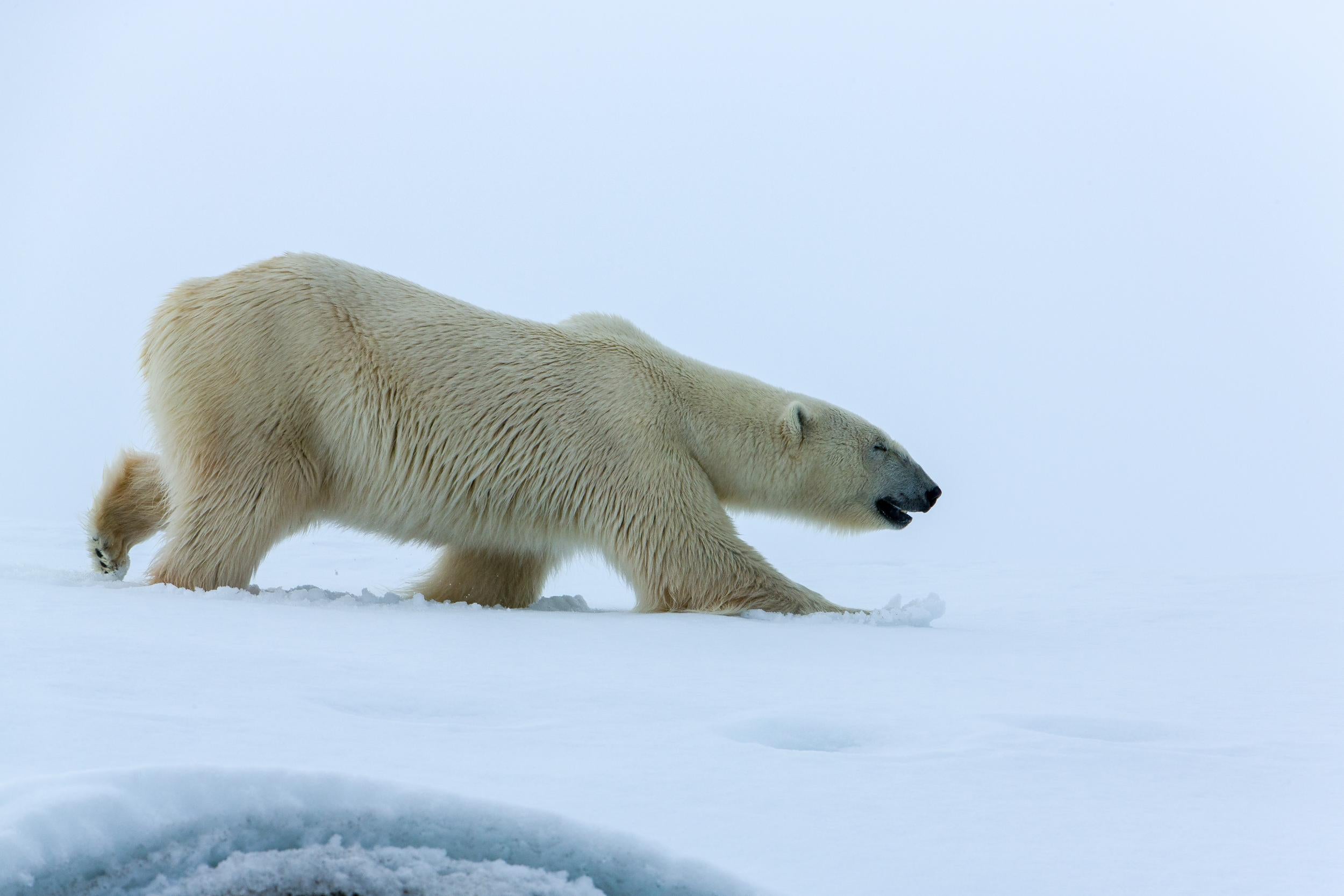
Natural World Safaris offers small-ship Svalbard trips starting from £7,295, excluding international flights
Chimps in Tanzania
A chimp sighting on Tanzania’s Rubondo Island is truly special. In the 1960s, German zoologist Grizmeck wanted to create a Noah’s Ark haven from poaching, so he moved over six elephants from the mainland, a herd of giraffe and then rescued 16 chimps from zoos and circuses in Europe and gave them a safe home on the uninhabited island. It’s now seen to be the only successful reintroduction of chimps into the wild in the world.
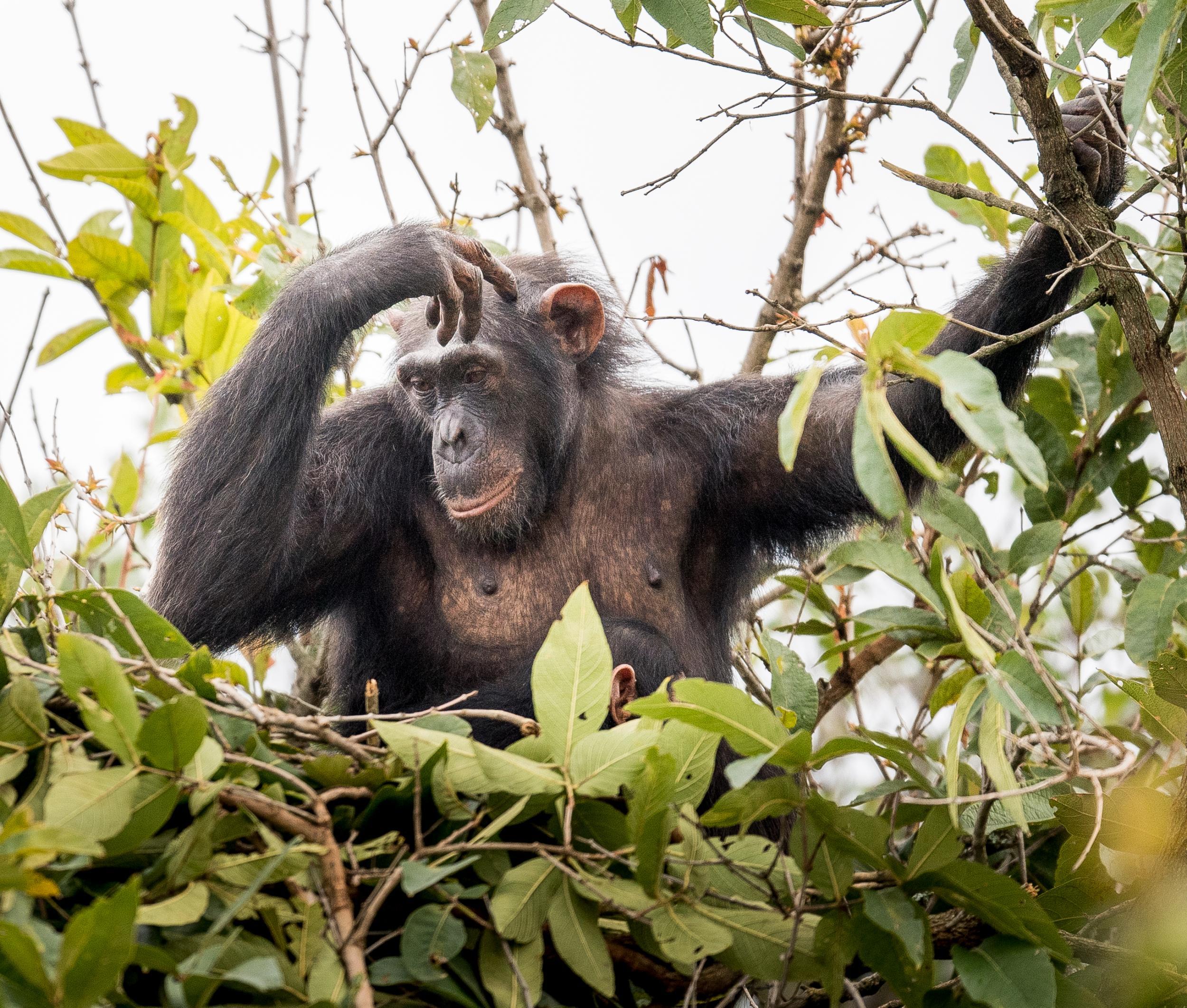
A three-night stay at Asilia’s Rubondo Island Camp costs from £1,618 per person

Join our commenting forum
Join thought-provoking conversations, follow other Independent readers and see their replies
Comments